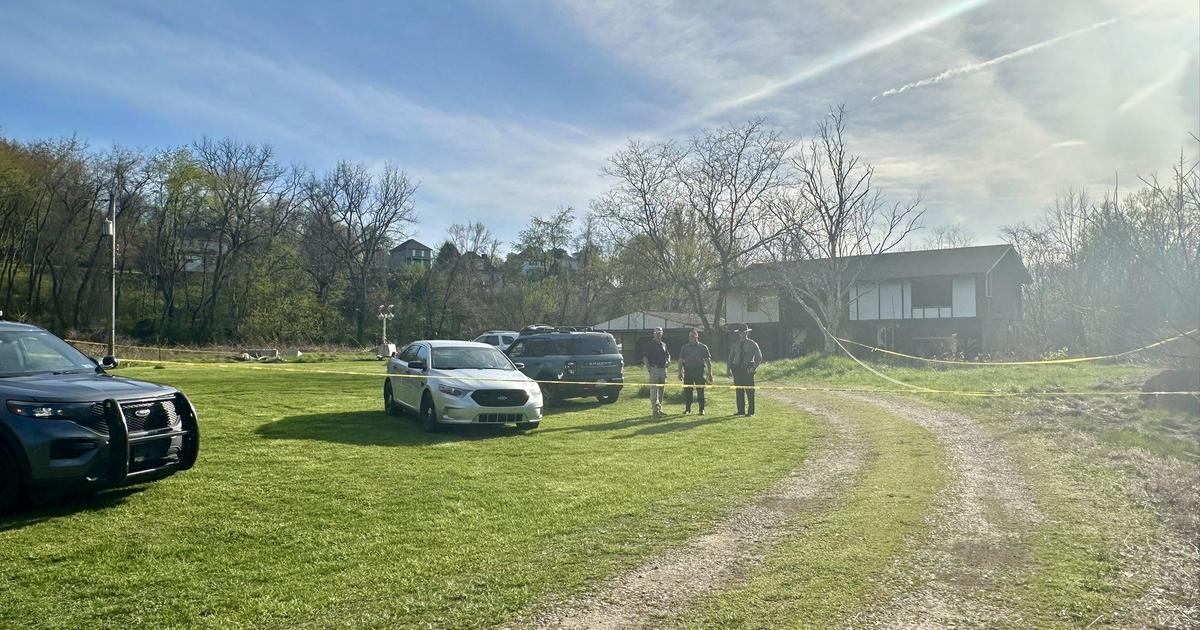D.A.'s Office Won't Seek Death Penalty In Cyanide Poisoning Case
PITTSBURGH (KDKA) -- Robert Ferrante, a University of Pittsburgh researcher, won't be facing the death penalty when he goes on trial in connection with the murder of his wife, 41-year-old Dr. Autumn Klein.
She was the head of women's neurology at UPMC when she died.
He is accused of poisoning the popular doctor with cyanide.
"A death penalty case is not just a homicide with a severe penalty," attorney Bob Stewart said. "It's an entirely different type of trial. It's like a murder trial on steroids. There's a lot more involved."
The Allegheny County District Attorney's Office said quite simply the case doesn't qualify as a death penalty case.
According to the D.A.'s Office, in Pennsylvania, a death penalty case must meet one of 18 aggravating circumstances, such as killing a police officer or a victim under the age of 12.
"In this case, out of the 18 factors with regard to doctor, cyanide – obviously a poisoning – the one factor that I understand the D.A. was considering was death by means if torture. And torture when it comes to the death penalty, it has a specific meaning," said Stewart. "There is no evidence that it was some extended type of painful death. In fact, everything I know about cyanide, it's quite quick."
Ferrante remains in the Allegheny County Jail. He will be formally arraigned Wednesday.
When the case actually goes to trial prosecutors will argue his wife died three days after collapsing in her Schenley Heights home. But being executed, if convicted, is now off the table.
"I think Mr. Zappala got it exactly right. I just don't see evidence that torture is there," Stewart added.
RELATED LINKS:
Pitt Researcher Going To Trial For Wife's Poisoning Death (10/4/13)
More reports on this case
More Reports by Lynne Hayes-Freeland



